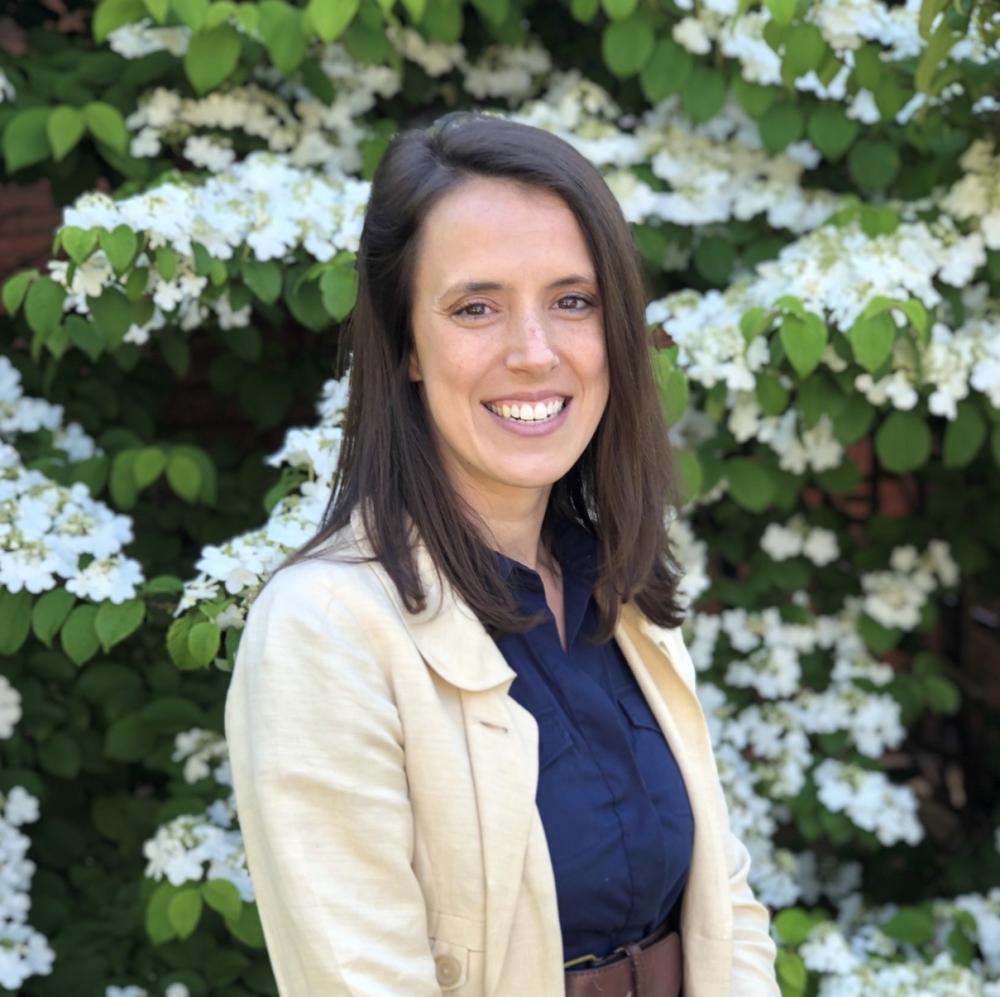
(Image courtesy of Ingka Group)
Many businesses cite the costs associated with operational sustainability as a barrier to decreasing their carbon footprint. But Ingka Group, the largest Ikea franchisee, is showing that increased revenue and decreased emissions can go hand-in-hand.
Last year, Ingka Group achieved a 24 percent reduction in emissions across its supply chain from 2016, and a 53 percent reduction in emissions across its own operations, according to its newest sustainability report. At the same time, the company's revenue increased by just under 31 percent.
“When it comes to our customer offer, the biggest drivers of trust are sustainability and quality,” said Karen Pflug, Ingka Group’s chief sustainability officer. "We believe that having affordable and sustainable solutions is a compelling business case and is required to attract customers.”
With 177,000 employees operating in 31 countries, Ingka Group has a crucial role to play in reaching Ikea’s commitment to become climate-positive by 2030 and reach net zero by 2050. “We work closely with Ikea to take a full value chain approach,” Pflug said. “We take the responsibility for all emissions scopes together.”
To achieve such steep cuts in emissions while growing revenue, Ingka Group accelerated its decarbonization efforts by investing in zero-emissions transport.
“Zero-emissions deliveries are becoming a must,” Pflug said. “In some areas, if you don't have a zero-emissions delivery truck, you will be charged a levy to enter certain parts of the city to make deliveries. That is a compelling reason to switch behaviors. In Paris, we are trying to ship via the Seine [River] and then using a cargo bike. We must consider the effects of pollution in cities when making business decisions.”
Investing in renewable energy is also good business sense, Pflug said. The company has increased its sourcing of renewable energy and improved the energy efficiency of its products. Ikea stores had over a million rooftop solar panels in place when the war in Ukraine sparked an energy crisis. That made the business more resilient and better able to withstand price fluctuations.
“It was the right thing to do for the climate, but it ended up also helping the viability and profitability of our business units,” Pflug said. “The payback was huge.”
In 2023, Ingka Group invested an additional $700 million in renewable energy and sourced 79 percent of its operational electricity use from renewable sources.
Customer expectations fuel much of Ingka Group’s sustainability momentum. “We see that more and more of our customers and people in general expect big businesses to act,” Pflug said. “We have run the GlobeScan survey for the last few years. The last one, done a few months ago, says that 66 percent of customers expect big businesses to act on climate and have higher expectations for big businesses in terms of social and human causes. We aim to side with people — not just customers, but all people. We cannot fulfill our Ikea vision if we don't listen to people and then do something about their needs in our operations.”
Employee expectations influence change, too. Achieving Ikea’s goal to become fully circular will take a systemic change fueled by passion from employees, Pflug said.
“You can see it in our buyback areas,” she said. “The coworkers who recover everything that they can in order to repair or repackage items and give them a second life have a huge sense of pride and passion in their work. Not wasting is very ingrained in Ikea culture.”
None of Ikea’s sustainability initiatives would be possible without its highly engaged employees, Pflug said. “Our coworkers say that they come to work for us and stay because of sustainability, climate and social reasons,” she said. “We put people at the heart of everything we do, and our culture and values keep people in the company for a long time. They are attracted by the work we do.”
Ingka Group also develops partnerships to help them meet sustainability goals. Recently, it partnered with a waste sorting company in the Netherlands to take back millions of mattresses, break them down, and recycle about 80 percent of each one — instead of sending them to the landfill. Local laws in the Netherlands allow for the takeback and recycling of mattresses, but it is prohibited in many other jurisdictions.
But before doing anything else, businesses working toward ambitious sustainability goals must ensure that sustainability is integrated internally, Pflug said. “For any company to land sustainability, you must make sure it lands first in the business,” she said. “Our role is about changing behaviors. A huge part of the work is making sure we can integrate sustainability into the job of every coworker.”
Setting clear expectations, metrics and performance indicators is paramount, Pflug said. No matter where a company starts, “sustainability must be integrated into everyday business decisions,” she said. “This is not the work of one specific team on the side. It is woven into the fabric of how we do business.”

Mary Riddle is the director of sustainability consulting services for Obata. As a former farmer and farm educator, she is passionate about regenerative agriculture and sustainable food systems. She is currently based in Florence, Italy.













